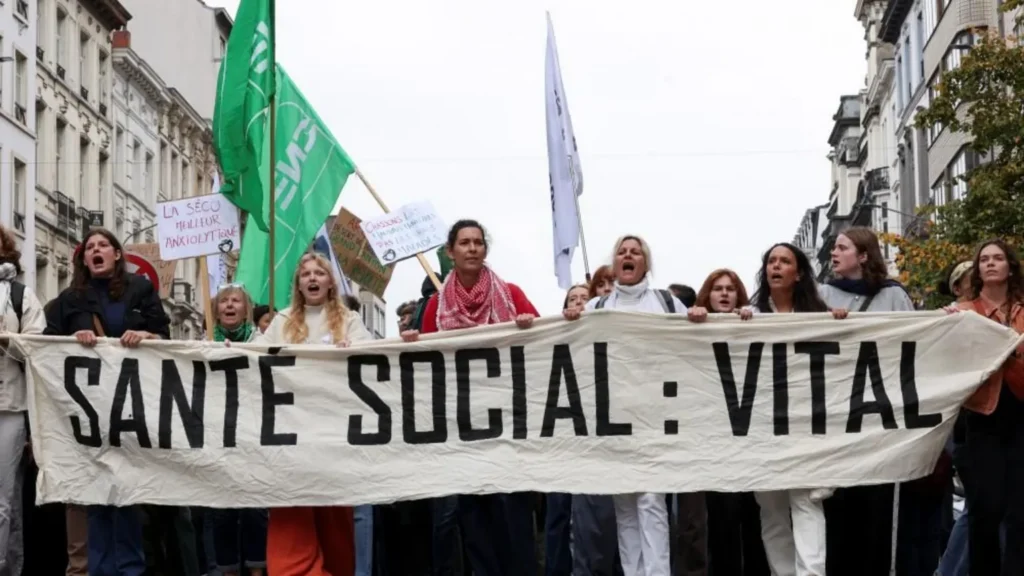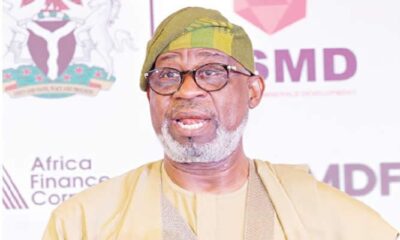The Governor of Adamawa State, Ahmadu Fintiri, has approved a review of the existing restriction on the operations of commercial tricycles, known as Keke NAPEP, in parts of the state for the 2026 Ramadan period.
This was disclosed in a statement issued by the Chief Press Secretary to the Governor, Humwashi Wonosikou, on Friday.
The statement said the restriction, which previously ran from 10pm to 5am would now commence an hour later.
“Under the revised directive, the restriction which previously ran from 10pm to 5am will now commence from 11p to 5am daily throughout the 2026 Ramadan period.
“The review takes immediate effect,” the statement read.
The government explained that the adjustment was introduced to ease movement for Muslim faithful during the holy month.
“The adjustment is intended to allow Muslim faithful attend late-night tafsir sessions with ease during the holy month,” it added.
The statement recalled that the Adamawa State Government had, in February 2021, imposed restrictions on the movement of tricycles and motorcycles through the Adamawa State Restriction of Movement of Tricycles/Motorcycles Executive Order No. 1 of 2021, as part of measures to strengthen public safety and security.
It noted that the latest review reflects the administration’s effort to balance religious observance with security considerations.
“The present review is therefore informed by the Government’s commitment to supporting religious observance, while maintaining the gains recorded in peace and security across the state,” the statement said.
Fintiri also directed security agencies to intensify patrols across the affected local government areas.
“Governor Fintiri has accordingly directed security agencies to intensify patrols, particularly within Yola North, Yola South and Girei, through the deployment of additional personnel to safeguard lives and property.
“He warned that any breach of the law will be dealt with decisively,” the statement added.
The governor further appealed to residents to act responsibly and avoid actions that could undermine the peace and stability currently enjoyed in the state.


































